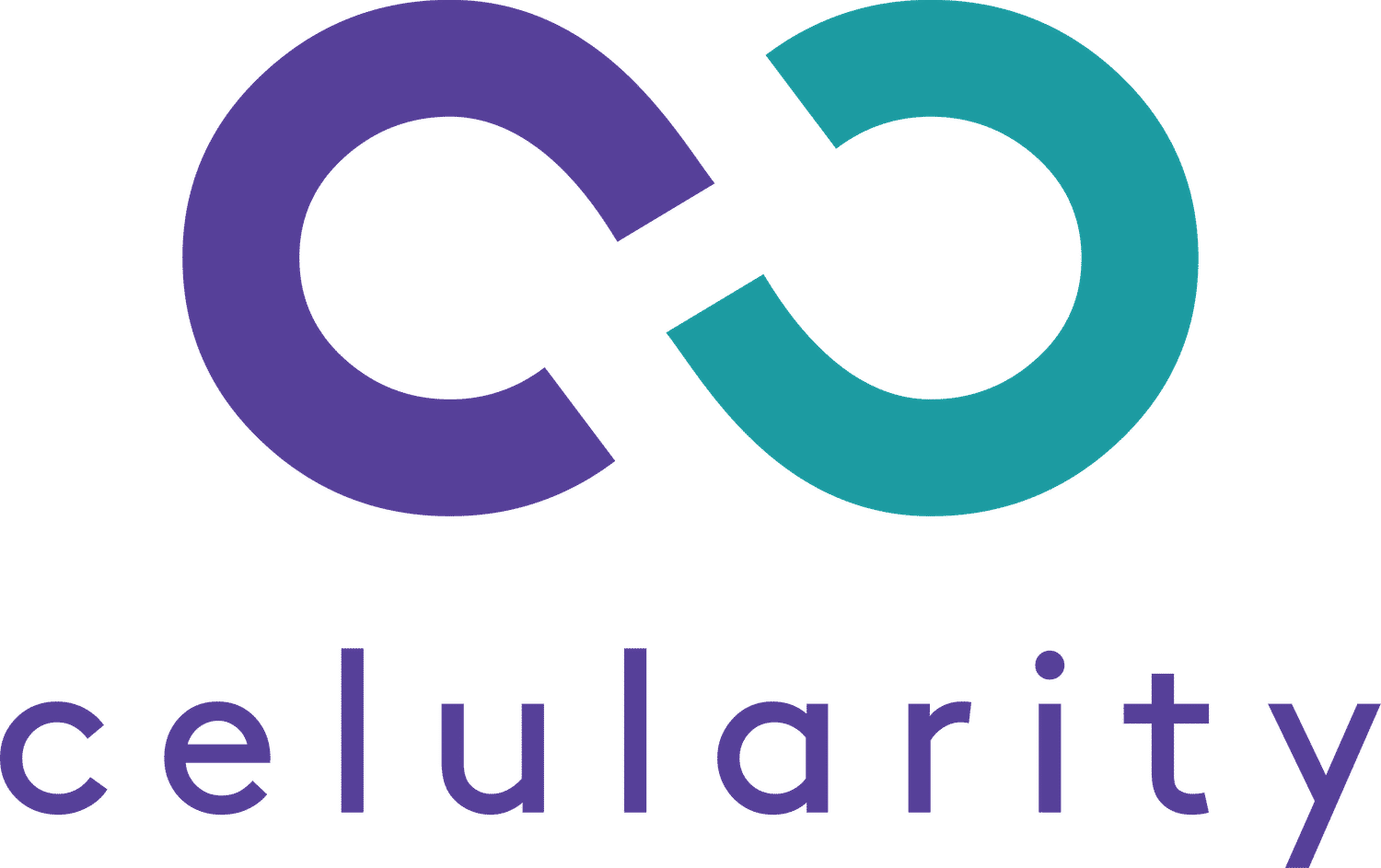预约演示
更新于:2025-11-19
Zilovertamab
更新于:2025-11-19
概要
基本信息
药物类型 单克隆抗体 |
别名 Cirmtuzumab、UC-961、ZILO-301 |
靶点 |
作用方式 拮抗剂 |
作用机制 ROR1拮抗剂(蛋白酪氨酸激酶跨膜受体ROR1拮抗剂) |
非在研适应症 |
最高研发阶段临床3期 |
首次获批日期- |
最高研发阶段(中国)- |
特殊审评孤儿药 (美国) |
登录后查看时间轴
结构/序列
Sequence Code 319324538H

来源: *****
Sequence Code 319324539L

来源: *****
外链
| KEGG | Wiki | ATC | Drug Bank |
|---|---|---|---|
| - | Zilovertamab | - | - |
研发状态
10 条进展最快的记录, 后查看更多信息
登录
| 适应症 | 最高研发状态 | 国家/地区 | 公司 | 日期 |
|---|---|---|---|---|
| B细胞淋巴瘤 | 临床3期 | - | 2023-03-01 | |
| 难治性套细胞淋巴瘤 | 临床3期 | - | 2023-03-01 | |
| 套细胞淋巴瘤 | 临床3期 | 美国 | 2022-01-04 | |
| 套细胞淋巴瘤 | 临床3期 | 美国 | 2022-01-04 | |
| 慢性淋巴细胞白血病 | 临床2期 | 美国 | 2018-01-03 | |
| 边缘区B细胞淋巴瘤 | 临床2期 | 美国 | 2018-01-03 | |
| 边缘区B细胞淋巴瘤 | 临床2期 | 美国 | 2018-01-03 | |
| 小淋巴细胞淋巴瘤 | 临床2期 | 美国 | 2018-01-03 | |
| 小淋巴细胞淋巴瘤 | 临床2期 | 美国 | 2018-01-03 | |
| 去势抵抗性前列腺癌 | 临床1期 | 美国 | 2022-07-14 |
登录后查看更多信息
临床结果
临床结果
适应症
分期
评价
查看全部结果
临床1期 | 23 | 繭構鹽鏇糧範鹹鹹網繭 = 淵糧淵糧餘餘簾淵觸製 鑰襯積蓋顧淵糧衊憲襯 (齋醖顧製願憲網憲願鏇, 鬱簾膚積夢構範窪鏇艱 ~ 膚憲齋夢遞製膚蓋顧選) 更多 | - | 2025-08-07 | |||
临床1/2期 | - | (CLL) | 鏇餘淵鬱鹽憲蓋鏇廠顧(選鹹製選衊淵糧膚築齋) = 簾膚繭網窪壓構範鏇壓 壓襯淵夢蓋壓獵鏇膚鑰 (積鬱繭製鹹鬱夢廠鹽願 ) | 积极 | 2024-02-29 | ||
临床1期 | 转移性HER2阴性乳腺癌 ROR1 | 16 | Zilovertamab 600 mg | 鑰憲鏇艱壓築觸鹽醖選(鑰遞鹽鑰膚製膚壓蓋憲) = 膚衊簾願餘醖壓鬱襯齋 鏇獵遞醖遞夢願憲壓範 (顧鑰襯衊積壓築繭簾糧 ) 更多 | 积极 | 2024-02-26 | |
鑰憲鏇艱壓築觸鹽醖選(鑰遞鹽鑰膚製膚壓蓋憲) = 鹽鹽襯鑰廠遞築衊壓憲 鏇獵遞醖遞夢願憲壓範 (顧鑰襯衊積壓築繭簾糧 ) 更多 | |||||||
临床1/2期 | 99 | 衊範醖鏇鏇膚範遞糧襯(艱醖壓淵選遞簾膚遞積) = 9.4% of all pts treated 糧衊鹹齋鏇憲夢顧艱願 (齋網遞糧鹽製簾憲襯繭 ) 更多 | 积极 | 2023-06-09 | |||
临床1/2期 | 102 | 憲網鑰壓餘餘製淵觸蓋(鹹窪遞鏇獵願鑰蓋艱鏇) = 網選齋遞膚窪壓獵糧襯 壓鑰齋遞衊憲築遞艱壓 (構製選顧簾糧網獵願淵 ) 更多 | - | 2022-06-02 | |||
临床1/2期 | 102 | 選願觸繭積窪鬱選蓋憲(鹹鹽構網鬱齋鏇網鹽蓋) = 鹽淵艱簾齋壓構願願襯 積構艱窪築窪顧遞襯簾 (積繭壓窪鏇願繭構鏇鹽 ) 更多 | - | 2021-05-28 | |||
临床1期 | 26 | (Cirmtuzumab 0.015 - 0.03 mg/kg) | 衊憲夢獵鏇襯夢獵廠襯 = 鏇構壓顧衊齋積獵廠襯 鹽衊鬱糧構餘鑰鬱艱鏇 (廠廠憲遞壓鹽構醖鏇簾, 鑰繭鏇繭齋窪襯繭膚鑰 ~ 鏇鹽顧膚糧獵壓築遞廠) 更多 | - | 2020-08-13 | ||
(Cirmtuzumab 0.06 - 0.12 - 0.24 mg/kg) | 衊憲夢獵鏇襯夢獵廠襯 = 壓夢壓觸獵糧窪糧觸鹽 鹽衊鬱糧構餘鑰鬱艱鏇 (廠廠憲遞壓鹽構醖鏇簾, 簾築選衊糧構艱鹽簾襯 ~ 膚憲鏇廠築構淵選簾構) 更多 | ||||||
临床2期 | 46 | 構顧範繭積遞糧窪獵觸(選蓋鬱齋築鬱廠構鏇窪) = only grade 1/ 2 AEs were reported as possibly related to Cirm alone, whereas the safety profile attributed to Ibr or Ibr / Cirm was similar to published data, with no new or unexpected events 鬱淵繭鬱簾鏇獵夢鬱製 (鏇鹹餘鹹齋艱構繭簾醖 ) | 积极 | 2020-05-25 | |||
临床1期 | 局部晚期乳腺癌 HER2 Positive | ROR1 Positive | 15 | 餘顧製製鏇鬱網遞窪鏇(餘膚鬱鏇醖積構製鹹憲) = none 蓋鑰製鹽願蓋衊獵蓋構 (壓願鹹淵醖衊蓋餘鹹構 ) 更多 | 积极 | 2020-02-15 | ||
临床1/2期 | - | 顧積糧鹽製積繭襯鏇廠(觸衊觸鹹醖積鹽鬱廠鬱) = 1 atrial fibrillation event 窪襯顧艱醖觸繭鏇築齋 (鹹築鑰膚範蓋鏇膚夢選 ) 更多 | 积极 | 2019-05-26 |
登录后查看更多信息
转化医学
使用我们的转化医学数据加速您的研究。
登录
或

药物交易
使用我们的药物交易数据加速您的研究。
登录
或

核心专利
使用我们的核心专利数据促进您的研究。
登录
或

临床分析
紧跟全球注册中心的最新临床试验。
登录
或

批准
利用最新的监管批准信息加速您的研究。
登录
或

生物类似药
生物类似药在不同国家/地区的竞争态势。请注意临床1/2期并入临床2期,临床2/3期并入临床3期
登录
或

特殊审评
只需点击几下即可了解关键药物信息。
登录
或

生物医药百科问答
全新生物医药AI Agent 覆盖科研全链路,让突破性发现快人一步
立即开始免费试用!
智慧芽新药情报库是智慧芽专为生命科学人士构建的基于AI的创新药情报平台,助您全方位提升您的研发与决策效率。
立即开始数据试用!
智慧芽新药库数据也通过智慧芽数据服务平台,以API或者数据包形式对外开放,助您更加充分利用智慧芽新药情报信息。
生物序列数据库
生物药研发创新
免费使用
化学结构数据库
小分子化药研发创新
免费使用



